Answer this: Where do you see yourself in the next 5 or 10 years? Did you stutter? Then you need to read this article until the end. See, the world is designed in a specific way. It promotes education, a few mainstream career options, and a job. But we have a problem here. Our career is already planned out for us; we just take birth and follow the steps. We don’t get to plan our careers, and we don’t plan our careers! But why career planning is important?
Career planning is like creating a map for your work life. Just like how maps help you find your way, career plans guide you to a successful job journey. You should plan your career for the long term and make informed decisions from time to time. In this article, I’ll help you understand, in detail, why career planning is important:
Benefits of Career Planning
Having a career is important, and so is having a career plan. Consider packing your bags with a few T-shirts and boarding a train. The train heads north, and you reach Kashmir. Stupid, right? At first, you don’t know where you’re going, and then you’re in a place where t-shirts won’t help you. You need jackets!
This is why you need proper planning before leaving the house and before starting a career. Having a strong career plan is like Google Maps. It helps you navigate life’s twists and career’s turns.
Let’s dive into some practical benefits of having a career plan:
1. Skill Spotlight: Your career plan is a mirror that reflects your skills, talents, and interests. It helps you see what you’re good at, what needs improvement, and what’s not made for you. This self-awareness is a powerful tool for choosing the right job fit. You can’t succeed as an engineer if you have a love and skills for medicine.
2. Strategic Job Moves: Think of your career plan as a chessboard. It lets you plan your moves ahead. You’ll know when to make that next job switch, gaining new skills and experiences that align with your long-term goals.
Example: If you’re a software engineer and have a good career plan, you must’ve planned out the need to learn new skills, like AI, and you know when you’re going to make the switch!

Image Source: Benefits of having a Career Plan
3. Retirement Readiness: Your career plan is also a savings account for retirement. By mapping out your career path, you can set milestones for salary goals and job positions. This prepares you for a comfortable retirement, ensuring financial security. Yes, a good career plan helps in maintaining a good financial plan.
4. Opportunity Magnet: With a career plan, you’re like a magnet for opportunities. How? You get the ability to foresee the future in terms of career. You spot the opportunities that match your ambitions and grab them confidently. Your plan keeps you focused on what matters most.
6. Job Satisfaction: Based on the above metrics, you understand how a career plan helps you understand your skills and interests, make strategic moves, and plan your future and retirement. All of this, combined, helps you attain a job satisfaction boost. I mean, if you have a detailed plan and a step-by-step process, you are more likely to enjoy the ride satisfactorily.
A career plan is your strategic toolkit. It helps you understand your skills, make smart job moves, and prepare for retirement.
Career Plan Leverages Your Strength
Spider-Man has spider powers, Iron Man has intelligence, and you have strengths that can make your career amazing. But it’s important to discover these strengths and use them at work.
Did you know a study by Gallup found that people who use their strengths at work are much more interested and active in their jobs? It’s like they’re playing a game they’re really good at. This makes sense, right? When you do what you’re good at, you feel happier and more excited about your job.
Strength or Weakness?
Some people say you should only focus on getting better at things you’re not good at. But that’s not entirely true. Sure, it’s good to improve your weaknesses, but your strengths are like your secret weapons.
If you’re great at solving problems, you can help your team when they’re stuck. If you’re an excellent communicator, you can help everyone understand each other better.
When you use your strengths, you become a superhero in your job. You work better with your team because everyone is using their powers. This means more happiness and less stress. Plus, it’s not just about you – the whole team becomes stronger when everyone brings their strengths to the table.
So, remember, it’s important to know what you’re good at and to use those strengths. It’s not about ignoring your weaknesses, but about shining a light on what makes you awesome.
Taking Steps in the Right Direction:
Imagine you’re planning a trip again; you need to know where you’re going, right? The same goes for your career. You must have an idea of where you want to go.
Let’s think of a real example. Imagine you work in customer service, but you dream of being the big boss, the CEO. That’s like climbing a ladder to reach the top floor of a tall building. To get there, you don’t take an elevator right away; you take one step at a time.
Start by becoming a supervisor. This helps you learn more and get closer to your CEO goal. Then, you can aim for a team manager position. Each step adds more skills to your toolkit. You’re building your way up, just like putting bricks in a wall.

Building Your Career Plan: A Practical Approach
Now that we’ve discussed why career planning is important, it’s time you knew the steps to building a good career plan. Think of having a career like a road trip, and I’m going to hand over the map for a seamless ride. Sounds good? Let’s start:
Step 1: Define Your Goal
Figure out the starting point and the destination first; you’ll figure out the road automatically. Consider the job you aspire to have, the skills you want to develop, and your long-term role in a company. This goal becomes your guiding star.
Step 2: Assess Your Starting Point
Before starting any journey, you need to know where you’re starting from. This works best if you’re looking for a job or graduated recently. List your current strengths, weaknesses, and skills. This self-assessment helps you understand what you need to improve on and what you already bring to the table.
Step 3: Break Down into Achievable Steps
This one is a universal lesson that everyone teaches. Turning your big goal into smaller, achievable steps is like planning stops along your route. For instance, if your aim is a managerial position, a mid-point could be becoming a team leader. These steps make the journey less overwhelming and more manageable.
Step 4: Learn and Develop Skills
Each step requires specific skills. Research what skills are essential for your desired roles. Find opportunities to learn and practice them, like online courses, workshops, or tasks at your current job that align with your goal. If you’re having a job (a good job), don’t think you’re done. Keep upskilling, and keep adding weapons to your arsenal.
Step 5: Take Action and Monitor Progress
Start walking the path by taking the first step you’ve outlined. As you progress, keep track of your achievements and challenges. Regularly assess if you’re moving closer to your goal. If you encounter roadblocks, reassess your strategy and make adjustments. It doesn’t matter if you’re learning development, marketing, or design, you feel blocked. Keep doing it. Are you moving forward? Keep doing it. Move forward only.

Conclusion
Reiterating for the thousandth time – Creating a career plan is your road map to success. This article talks about the reasons and importance of career planning and how it’s your secret weapon for achieving your ambitions. But now, let’s turn the focus on you.
Whether you’re coding as a developer, marketing as a marketer, or crafting designs as a designer, you’re on your unique journey. It’s a journey that requires direction, insight, and a community to thrive. Ah, community! Enter FuelEd Community.
A place for developers, marketers, and designers. Ready to level up your career? Join the FuelEd Community today. You get exclusive access to skilled people, real-world projects, hackathons, and exclusive job opportunities.
Apply here. Stay FuelEd.




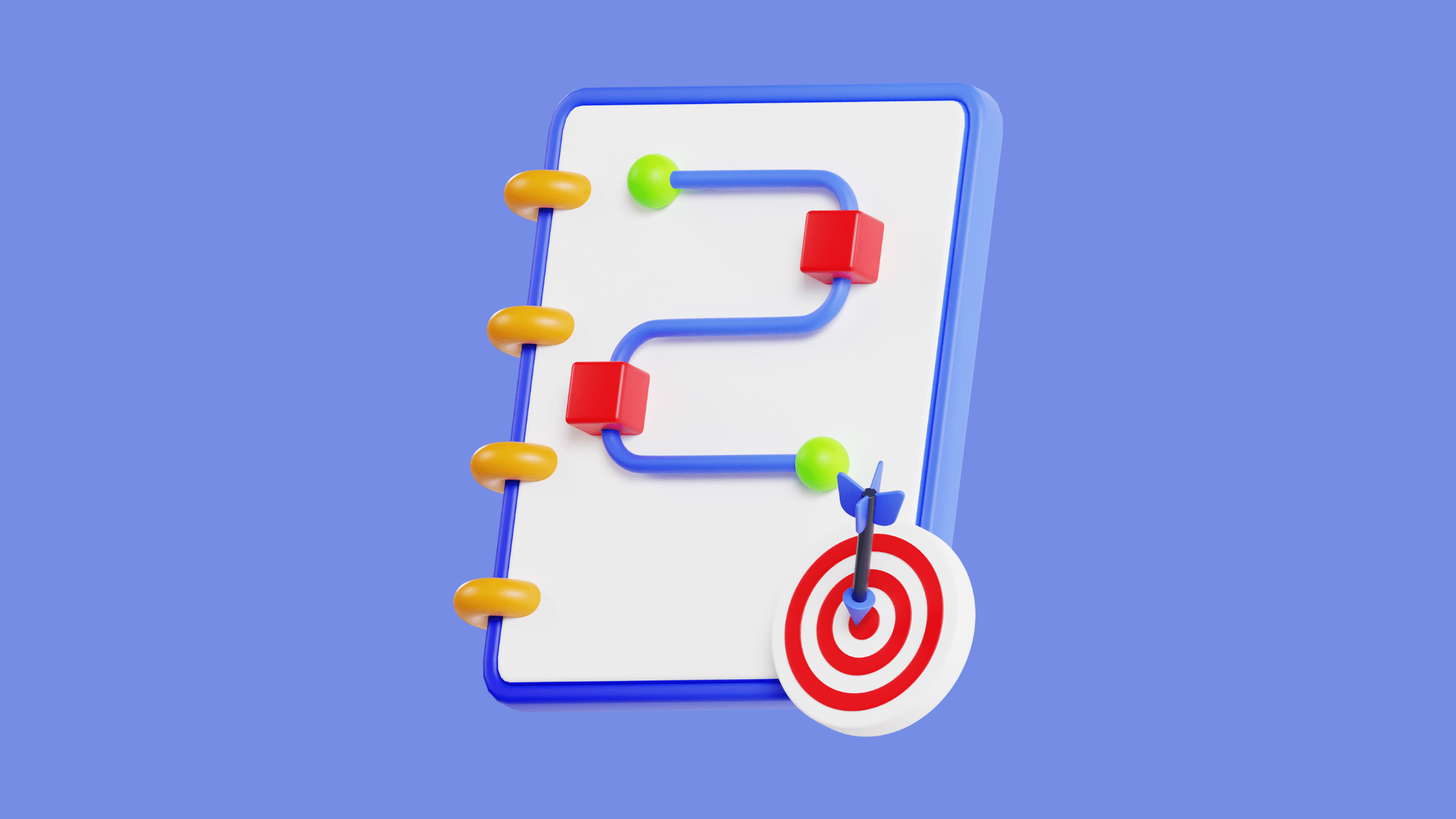
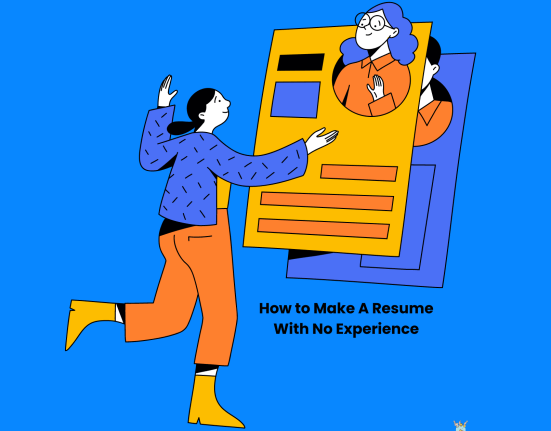
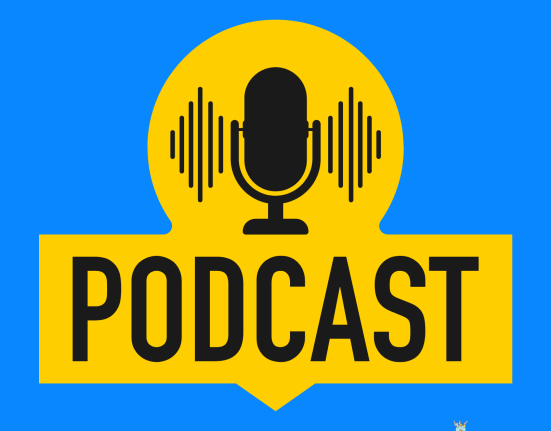

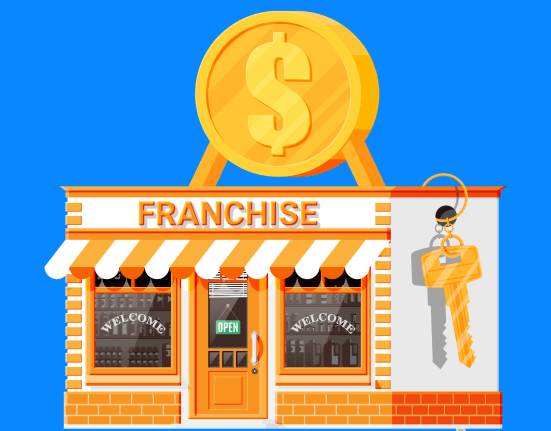

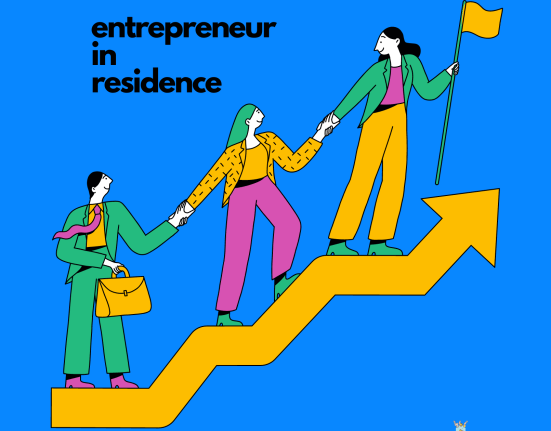
Leave feedback about this